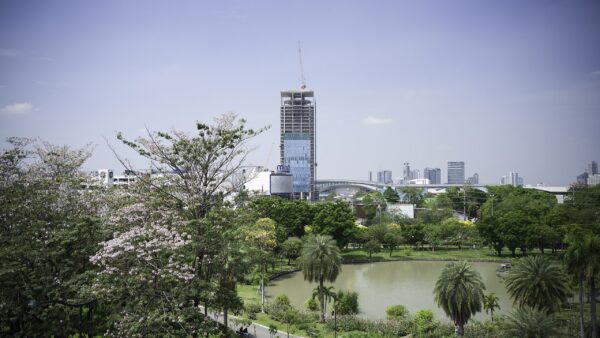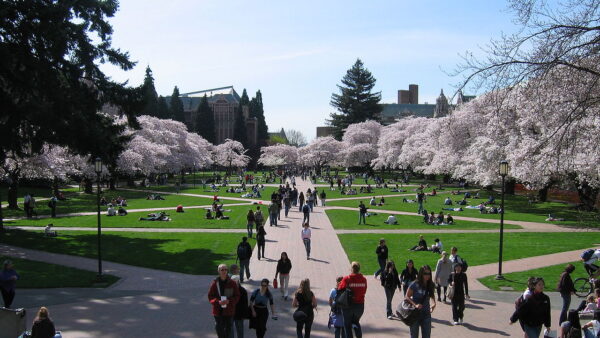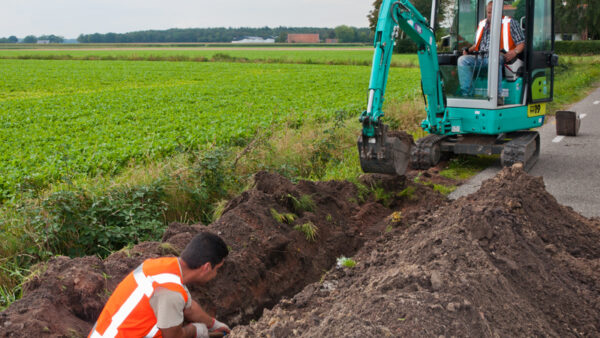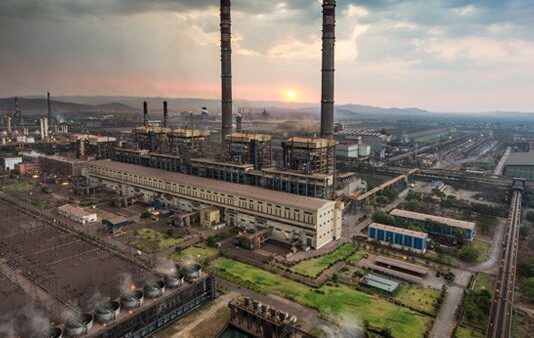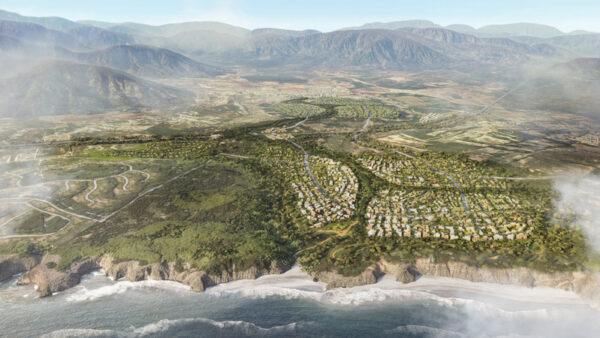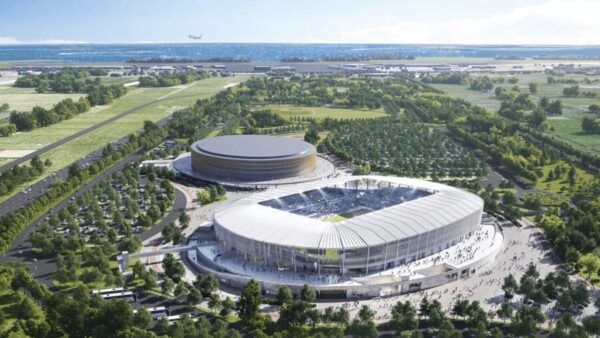UK consulting engineer Arup has been brought in to help design and deliver a hydrogen factory for New Zealand’s second largest port. Ports of Auckland said it plans to build a production facility to make the gas from tap water, which it will use to fuel ships, trucks, buses, cars and trains.
The plan is to have a hydrogen electrolysis plant up and running by the end of 2019 at its Waitemata port.
Tony Gibson, Ports of Auckland chief executive, said: “We have an ambitious target to be a zero emission port by 2040.
“Hydrogen could be the solution for us as it can be produced and stored on site, allows rapid refuelling, and provides greater range than batteries.”
The port is partnered with KiwiRail, Auckland Council, and Auckland Transport. Together, they will invest in hydrogen fuel cells vehicles, port equipment, buses and cars as part of the project.
Gibson added that if the trial were successful, hydrogen technology could help Auckland and New Zealand “towards energy self-sufficiency and our emission reduction goals”.
Todd Moyle, acting chief executive of KiwiRail, said his company aimed to be carbon neutral by 2050. “If successful with passengers, there is no reason why the next development could not be hydrogen-powered freight trains,” he said.
The world’s first hydrogen train entered service in Lower Saxony in September. The service was delivered by two of Alstom’s Coradia iLint engines (pictured) between Cuxhaven and Buxtehude, with 14 other hydrogen trains set to be introduced across the state by 2021.
Image: The world’s first commercial hydrogen train service is delivered by Alstom’s iLint locomotives (FelixM/CC BY 1.0)
Further reading:





